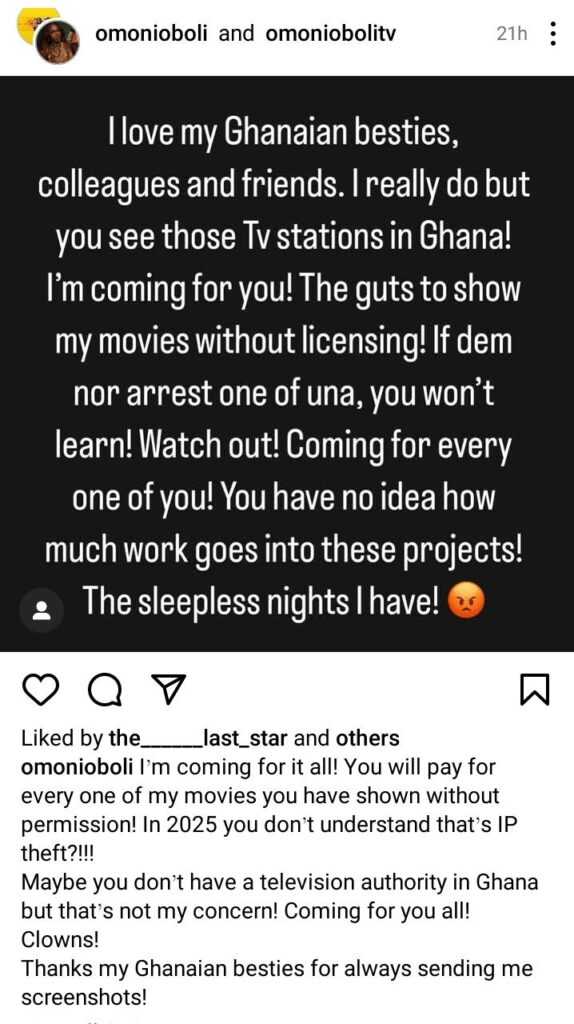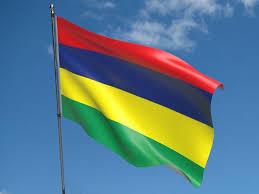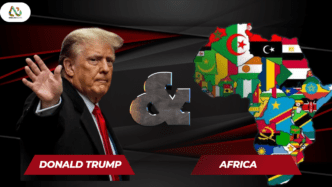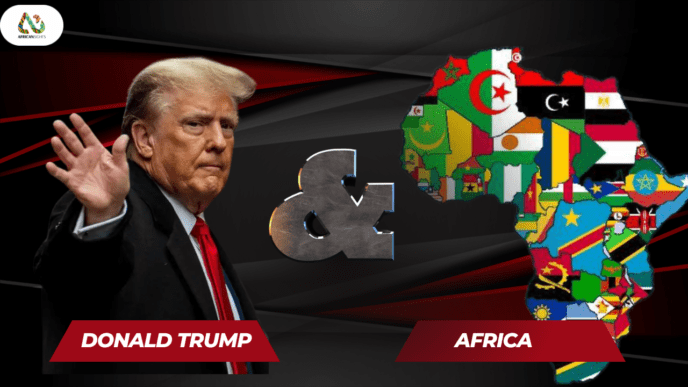Nollywood actress Omoni Oboli is taking a firm stance against Ghanaian television stations allegedly airing her movies without proper authorization . The actress has voiced her discontent on social media, threatening legal action against the stations involved , . This incident shines a spotlight on the persistent issue of unauthorized broadcasting and piracy affecting the African entertainment industry .
The unauthorized broadcasting of content is not a new issue in Africa. In Liberia, MultiChoice Africa holds exclusive broadcasting rights, and unauthorized broadcasts have led to significant financial losses . Similarly, the Communication Minister in Ghana has taken action against several media entities for unauthorized broadcasting operations . These actions underscore the efforts to combat illegal broadcasting and protect the rights of content creators and distributors. Even in South Africa, piracy remains a significant problem, particularly through social media and illegal broadcasts .

Oboli’s situation reflects a broader struggle for content creators to protect their intellectual property and revenue streams. Unauthorized broadcasting not only undermines the financial viability of the film industry but also discourages investment in new content creation. The legal action threatened by Omoni Oboli could set a precedent for other filmmakers and content owners facing similar challenges .
Efforts to combat unauthorized broadcasting extend beyond individual legal actions. Governments and regulatory bodies across Africa are implementing measures to address the issue. In Kenya, Uganda, and Tanzania, laws criminalizing “unauthorized interference” with computer systems have been introduced, signaling a commitment to protecting digital content and broadcasting rights . These measures, although aimed at curbing the spread of fake news, also have implications for unauthorized broadcasting and content piracy.

The rise of digital media has further complicated the landscape, with social media platforms becoming a common avenue for content piracy . Addressing this requires a multi-faceted approach involving legal frameworks, technological solutions, and public awareness campaigns. The unauthorized broadcasting of Omoni Oboli’s movies highlights the urgent need for stricter enforcement of broadcasting regulations and greater respect for intellectual property rights across the African continent.
The determination of Omoni Oboli to fight against the unauthorized broadcasting of her movies in Ghana underscores the necessity for safeguarding intellectual property within Africa’s entertainment sector. Her actions arrive at a crucial moment when regulatory bodies and governments are actively working to combat illegal broadcasting, thereby setting a precedent for content creators to protect their work and seek legal recourse.
Another Interesting Read; Marrakech Express Upgrade: French Loan Fuels Morocco’s Acquisition of 18 Fast Trains Ahead of World Cup














